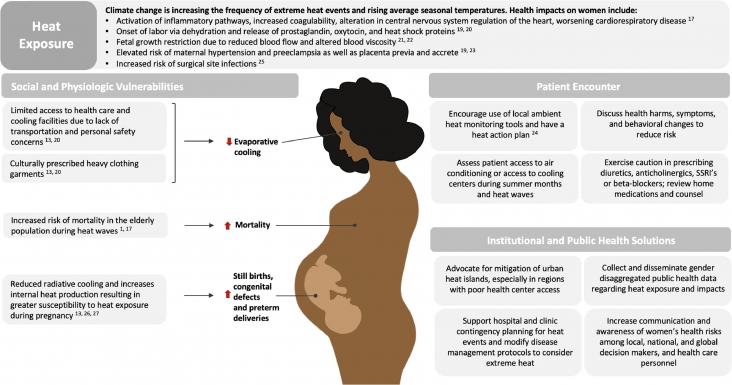
“Open for Climate Justice” is the theme for this year’s International Open Access Week (October 24-30). Open Access Week is an invaluable chance to connect the global momentum toward the open sharing of knowledge with the advancement of policy changes and the importance of social issues affecting people around the world.
As stated on https://www.openaccessweek.org/theme/en "Climate Justice is an explicit acknowledgement that the climate crisis has far-reaching effects, and the impacts are “not be[ing] borne equally or fairly, between rich and poor, women and men, and older and younger generations,” as the UN notes. These power imbalances also affect communities’ abilities to produce, disseminate, and use knowledge around the climate crisis. Openness can create pathways to more equitable knowledge sharing and serve as a means to address the inequities that shape the impacts of climate change and our response to them. This year’s focus on Climate Justice seeks to encourage connection and collaboration among the climate movement and the international open community. Sharing knowledge is a human right, and tackling the climate crisis requires the rapid exchange of knowledge across geographic, economic, and disciplinary boundaries".
Elsevier is proud to share these Open Access journal articles related to this extremely important theme of Climate justice.
Energy and Buildings, Volume 264, 1 June 2022
Building and Environment, Volume 216, 15 May 2022
Sustainable Cities and Society, Volume 77, February 2022
Building and Environment, Volume 207, January 2022
Energy and Buildings, Volume 241, 15 June 2021
The Lancet Regional Health - Americas, Volume 11, July 2022
The Lancet Global Health, Volume 10, July 2022
The Lancet Global Health, Volume 10, June 2022
The Lancet Global Health, Volume 10, June 2022
The Lancet Global Health, Volume 10, June 2022
Background: An alarming number of public health-care facilities in low-income and middle-income countries lack basic water, sanitation, hygiene (WASH), and waste management services. This study estimates the costs of achieving full coverage of basic WASH and waste services in existing public health facilities in the 46 UN designated least-developed countries (LDCs). Methods: In this modelling study, in-need facilities were quantified by combining published counts of public facilities with estimated basic WASH and waste service coverage.
The Lancet Global Health, Volume 10, April 2022
The Lancet Planetary Health, Volume 6, March 2022
The Lancet Public Health, Volume 7, March 2022
The Lancet Planetary Health, Volume 6, February 2022
The Lancet Global Health, Volume 10, January 2022
The Lancet Planetary Health, Volume 5, December 2021
The Lancet Planetary Health, Volume 5, December 2021
The Lancet Public Health, Volume 6, November 2021
The Lancet Public Health, Volume 6, October 2021
The Lancet Planetary Health, Volume 5, September 2021
The Lancet Planetary Health, Volume 5, August 2021
Building and Environment, Volume 219, 1 July 2022
One Earth, Volume 5, 17 June 2022
Recent proposals in the US and elsewhere aim to tackle climate change and socioeconomic inequalities together through a Green New Deal (GND). GND proposals have been criticized by high-profile advocates of carbon-centric climate policies—advocates who do not perceive socioeconomic inequalities to be significant drivers of climate change and who argue that GNDs’ wider agenda will undermine decarbonization efforts.
Applied Geochemistry, Volume 139, April 2022
Applied Clay Science, Volume 214, 15 November 2021
Journal of Responsible Technology,
Volume 10,
2022,
100032
Building and Environment,
Volume 223,
2022,
109500
Building and Environment, Volume 223, September 2022, 109463
The Journal of Climate Change and Health,
2022,
100148
The Journal of Climate Change and Health, Volume 8, October 2022, 100145
The Lancet Regional Health - Americas,
Volume 7,
2022,
100148
The Journal of Climate Change and Health,
Volume 6,
2022,
100121
The Journal of Climate Change and Health, Volume 3, August 2021, 100028
The Journal of Climate Change and Health,
Volume 3,
2021,
100035
The Journal of Climate Change and Health,
Volume 8,
2022,
100166
The Journal of Climate Change and Health,
Volume 8,
2022,
100126
The Journal of Climate Change and Health,
Volume 6,
2022,
100107


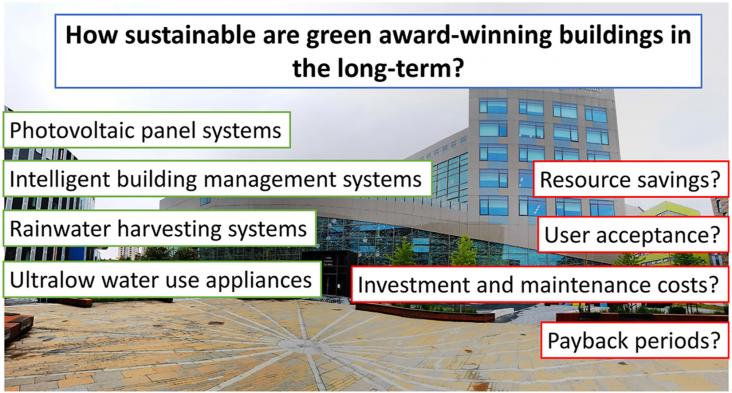
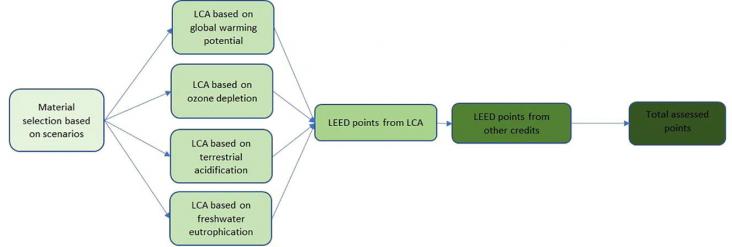
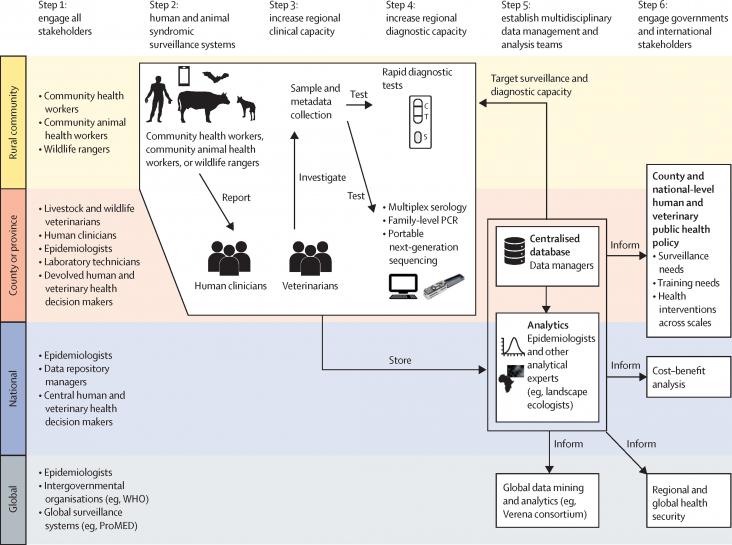
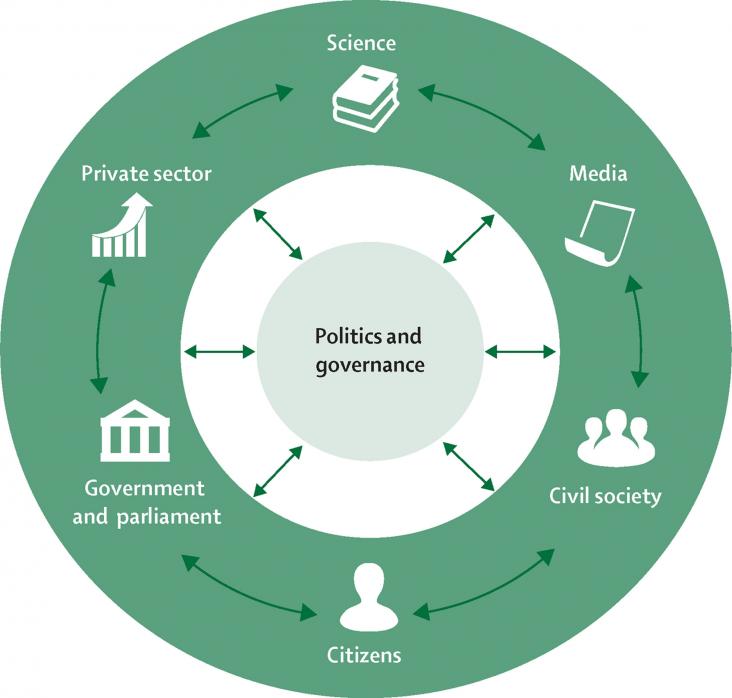

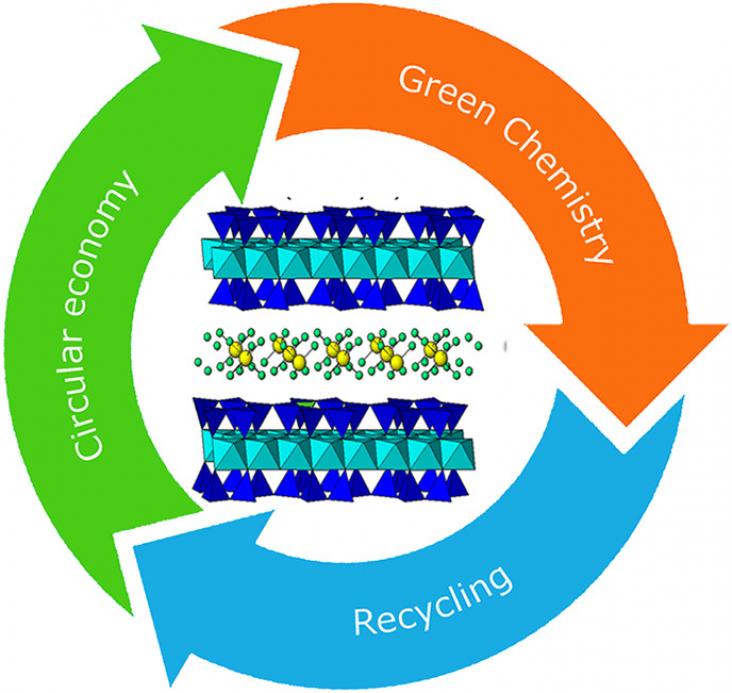
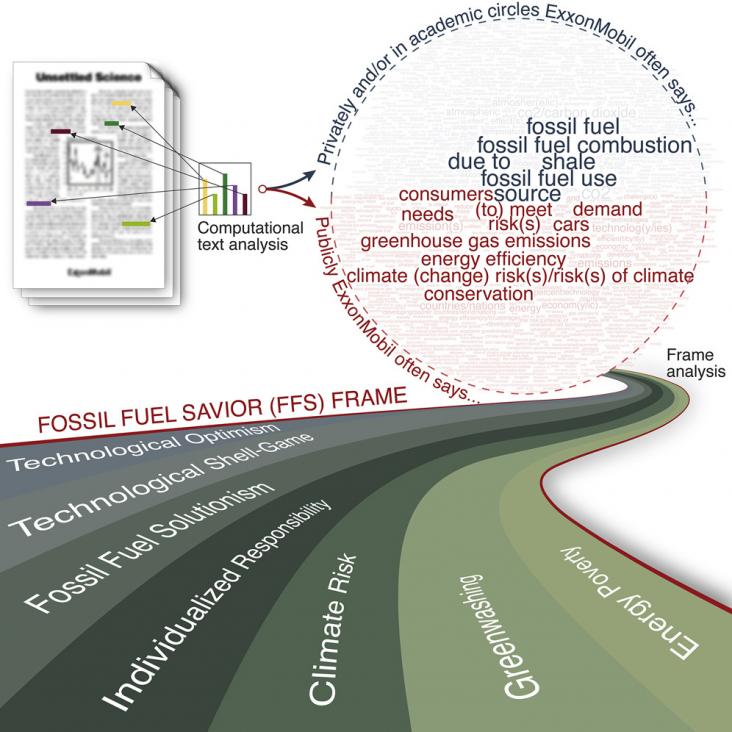
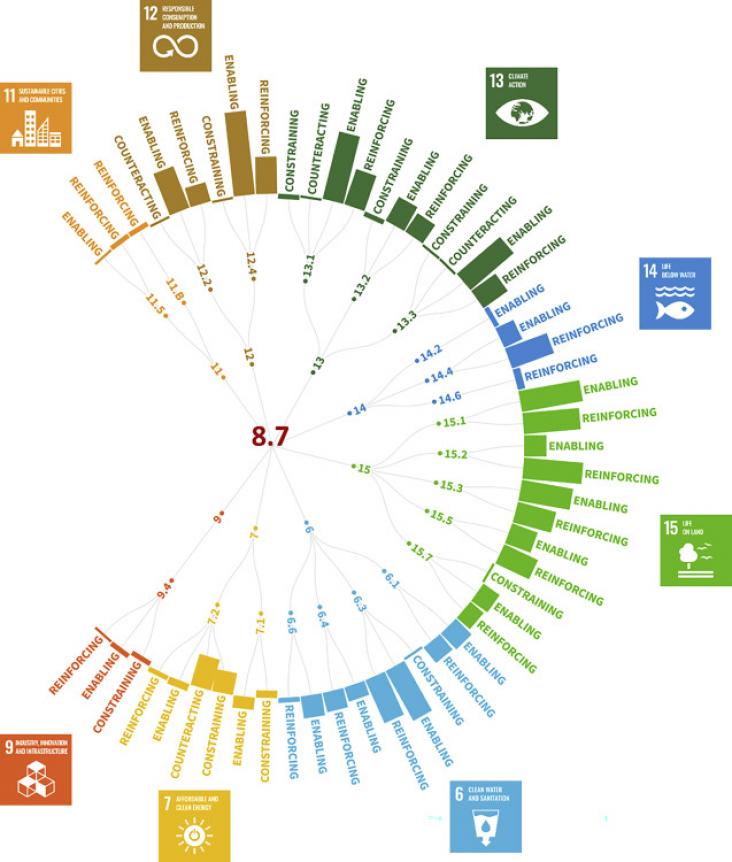

![[2-column fit]. Normal red-green-blue (A, C, E) and infrared (B, D, F) images of in-situ playground surface temperatures at 3 of the 10 playgrounds visited within metropolitan Sydney (NSW, Australia).](https://sdgresources.relx.com/sites/default/files/styles/sus_content_listing_image/public/1-s2.0-s0360132322007314-gr1_lrg.jpg?itok=Lgit6waW)
